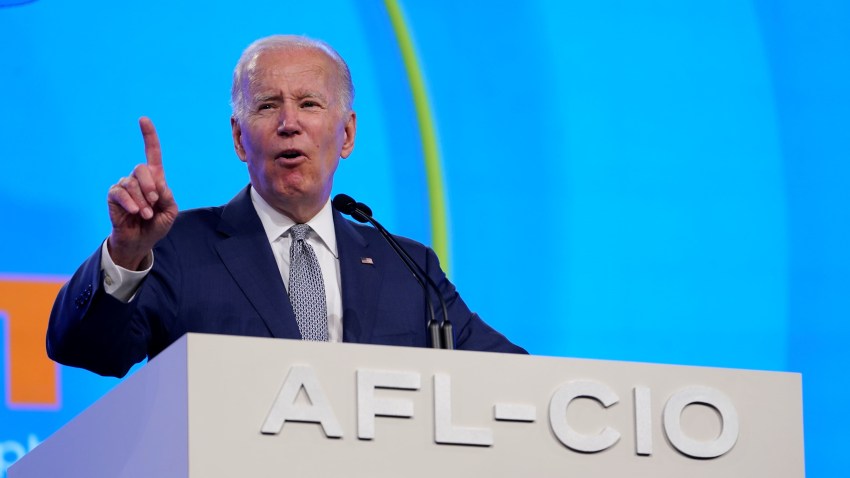In March, at the virtual Summit for Democracy hosted by U.S. President Joe Biden, the United States announced its largest-ever commitment of funding to support foreign labor unions and the right to organize around the world. The grant of $122 million will go to the Multilateral Partnership for Organizing Worker Empowerment, or M-POWER, an initiative aiming to equip foreign unions with the tools to fight for better working conditions.
M-POWER is part of a raft of new democracy promotion programs linked to the summit, whose stated purpose is “to renew democracy at home and confront autocracies abroad.” Echoing Biden’s statement at the 2021 summit that workers organizing a union is “democracy in action,” Uzra Zeya, the State Department’s undersecretary for civilian security, democracy and human rights, argued at an M-POWER gathering during this year’s summit that “unions are indispensable for democracy.”
The Biden administration’s announcement of increased funding for foreign unions attracted little media coverage in the United States. But what little mention the initiative did get framed the alliance between government and labor unions as a new approach to U.S. diplomacy. In fact, the U.S. government has funded domestic labor unions in the past, having leaned on them as a means of achieving its national security goals since the late 1940s.

